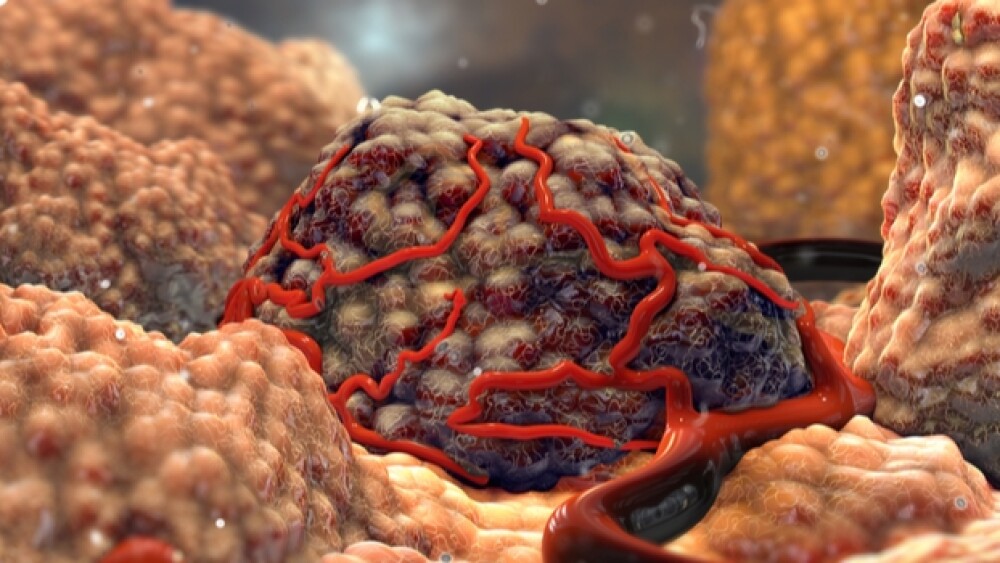KSQ announced it had identified and validated a novel target, CT-1, that it plans to develop an engineered tumor-infiltrating lymphocyte (eTIL) therapy for.
KSQ, based in Cambridge, Massachusetts, announced it had identified and validated a novel target, CT-1, that it plans to develop an engineered tumor-infiltrating lymphocyte (eTIL) therapy for. It will be developed for refractory solid tumors.
The company has a proprietary CRISPRomics discovery engine that allows for genome-scale, in vivo validated drug discovery across broad therapeutic areas. It leverages a suite of proprietary CRISPR/Cas9 gene-editing tools to create disease-specific insights for any human gene. The focus at the moment is on oncology, immuno-oncology, autoimmune diseases, and some rare diseases.
The company is presenting data from two large-scale CRISPR/Cas9 functional screens using the platform as well as in vivo validation data at the Engineering the Genome conference in Banff, Alberta, Canada.
The platform identified the top targets across the T-cell genome that increase the efficacy of adoptive T-cell transfer therapy (ACT) in PD-1 refractory mouse solid tumor models. CT-1 was the top target in the screen. CT-1-edited T-cells showed a 10-fold increase in anti-tumor activity and CT-1 edited human TILs typically show an enhanced cytokine production profile. Cytokines are a variety of substances, such as interferon, interleukin and others, that immune cells secrete that have an effect on other cells.
“Adoptive cell therapies have long been hypothesized to be potentially curative treatments for refractory solid tumors, but their efficacy has been limited by the immunosuppressive tumor microenvironment,” said Frank Stegmeier, KSQ’s chief scientific officer. “Our CRISPRomics platform enables us to identify gene targets that improve the ability of the T-cell to function in this hostile tumor microenvironment. These insights allowed us to develop a pipeline of CRISPR/Cas9 eTIL programs that have the potential to unlock adoptive cell therapy in PD-1 refractory solid tumors.”
In December 2019, KSQ inked a deal with Gaithersburg, Maryland’s MaxCyte. Under the deal, KSQ picked up the rights to use MaxCyte’s Flow Electroporation technology and ExPERT instrumentation to advance KSQ’s eTIL programs. In return, MaxCyte is eligible for milestone payments as well as other licensing fees.
“Adoptive cell therapies hold significant potential to improve outcomes for patients that are otherwise unresponsive to current treatments,” said David Meeker, KSQ’s chief executive officer. “MaxCyte’s technology will play an important role in enabling the further development of our eTIL programs as we work to bring best-in-class, cell-based medicines forward for difficult to treat solid tumors.”
And in October 2019, KSQ entered into a deal with Zug, Switzerland’s CRISPR Therapeutics. Under the terms of that deal, CRISPR Therapeutics gained access to KSQ intellectual property for editing certain gene targets for its allogeneic oncology cell therapy. KSQ picked up access to CRISPR Therapeutics’ intellectual property for editing novel gene targets identified by KSQ as part of its eTIL programs. No financial details were disclosed.
The gene targets for the deal were identified using KSQ’s CRISPRomics engine.
“KSQ has built an industry-leading platform to screen for novel gene targets using its technology, and has identified a group of targets that could help unlock the full potential of adoptive cell therapy in oncology,” said Samarth Kulkarni, CRISPR Therapeutics’ chief executive officer. “As a result of this license agreement, CRISPR Therapeutics will have the opportunity to bring these novel targets into our leading allogeneic CAR-T development platform to further strengthen our future programs in this important therapeutic area.”





